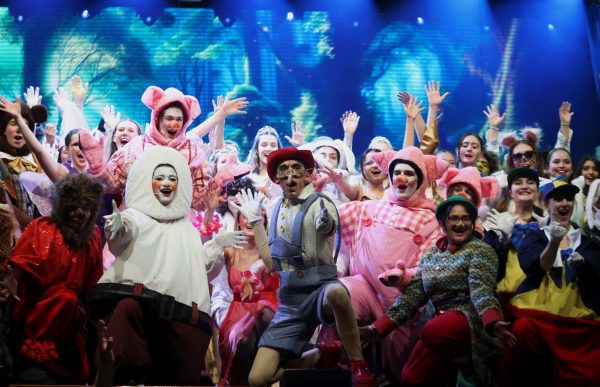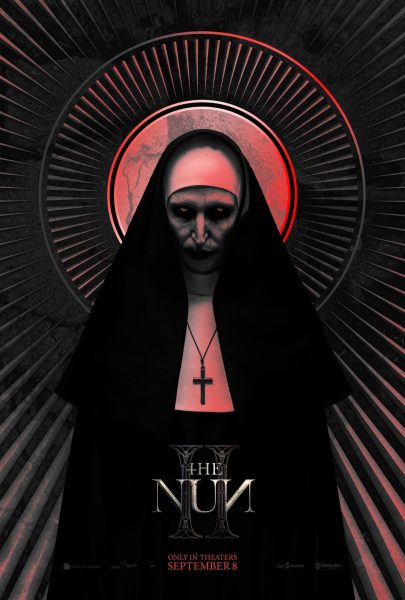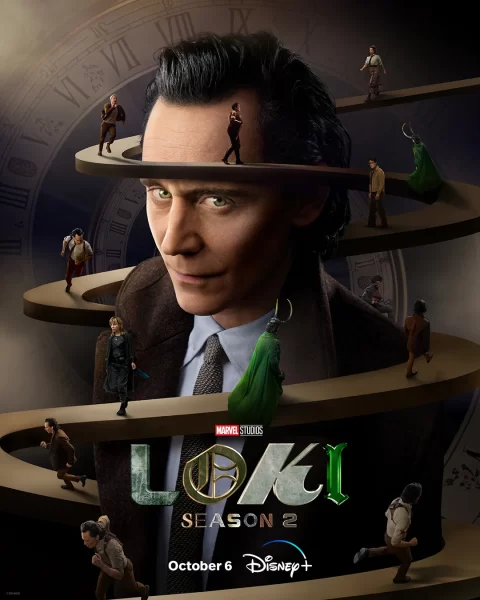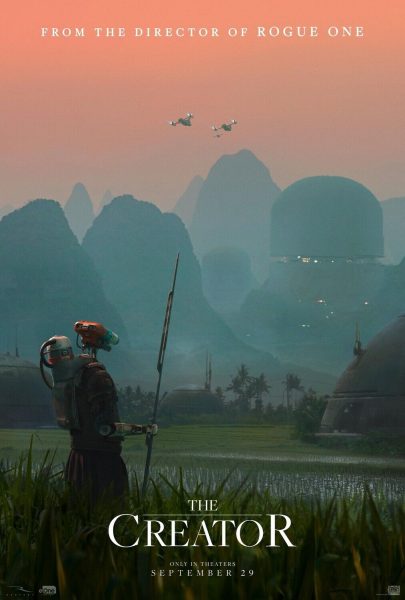Days of Blood and Starlight lives up to first book in series
Readers who have just finished Daughter of Smoke and Bone will most likely be scrambling to get their hands on Days of Blood and Starlight. Ending in a place in the story that’s clearly not a conclusion, the audience is perfectly set up for the exciting sequel, which continues the story of Karou/Madrigal as she joins the chimaera resistance, and of Akiva as he battles with his upbringing and the culture of the seraphim.
The book starts a few months after the end of Daughter of Smoke and Bone, and the events that happen in this time lapse are told through flashbacks, much like some parts of the first book. At the beginning of Days, Karou has taken over as a resurrectionist for the small chimaera revolution, and Akiva has gone back to the Seraphim in an effort to start making a revolution of his own.
The two main characters are not on good terms after what Akiva did to Karou’s family and her species in Daughter of Smoke and Bone. Karou did not forgive him, which is a refreshing change from many romantic books, where character’s actions are sometimes excused simply because of “unconditional love.” Karou’s reaction and choices of allegiance make for a much more engaging and realistic plot line, and her unsureness in her decision to leave Akiva and become the resurrectionist makes for great character development. Akiva’s quest for redemption is incredibly interesting. He now believes again in Madrigal’s idea of a new, peaceful world, and works throughout the book to thwart the seraphim emperor’s plot to completely wipe out the surviving chimaera, who Akiva had a role in destroying.
Although the author writes in a way that is easy to understand and follow, the plot is still difficult to comprehend — there are simply so many different storylines, characters and conflicts going on at one time. That being said, the plot is really, really awesome. There’s really no other way to describe it — the book is creative and masterfully written, and the characters seem to jump off the page into real life.
This book talks a lot about redemption and consequences. Both Akiva and Karou struggle with their role in the current conflict — Karou with resurrecting the surviving chimaera for more bloody battles and mindless slaughter, and Akiva with his role in bringing about the end of the war. The two characters also have to accept the role that their relationship had in the destruction of the chimaera. This underlying theme enhances the book’s plot and adds more to the story than just battles and monsters.
This book is a wonderful addition to the series and sets up the next book quite well, with many questions still left unanswered.










